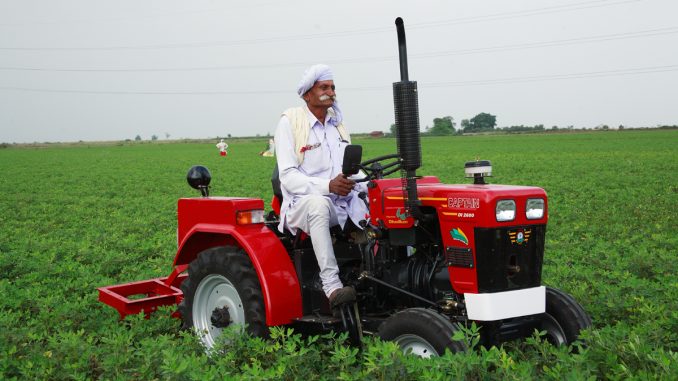
To make agriculture production system more flexible to climate change, Haryana government today approved a Rs 25 crore project that will benefit 75,000 farmers.
The state level steering committee, which met under the chairmanship of Chief Secretary D S Dhesi, here approved the detailed project report of this ambitious project.
Climate resilient agriculture practices include all possible methods that are required to make agriculture production system more flexible to climate change, an official release said here.
Also Read: Govt to approach Punjab for joining online agriculture market
The project will be implemented in northern part of the state and benefit 75,000 farmers.
This project proposes to sustainably intensify crops and cropping systems in Haryana for enhancing and sustaining production at less cost by adopting climate resilient technologies, without deteriorating soil health while maintaining the flow of environmental services.
It was observed that some areas are not equipped with water storage structures for agriculture resulting in low crop productivity, it said.
Farmers are also relying on ground water for fulfilling their water demand, leading to the reduction in ground water levels. These areas have also been selected based on availability of water for agriculture purpose, farms having nutrient imbalance, farmers implementing residue burning.
It was observed in the meeting that in order to adapt agriculture to increasing effects of climate variability and change, there is a need to transform traditional agricultural practices to more climate resilient agricultural practices.
There are two agro climatic zones in the state. The north western part is suitable for rice, wheat, vegetable and temperate fruits and the south western part is suitable for high quality agricultural produce including tropical fruits, exotic vegetables, herbal and medicinal plants.
The farming community of Haryana will be the target beneficiary, amongst which 35 per cent of the overall beneficiary under the project would be women.
This objective would be achieved through a number of activities like targeting and identifying different climate smart interventions in targeted climate vulnerable villages in Haryana as per farmer’s socio-economic and bio-physical conditions.
The capacities of stakeholders would be enhanced for implementing and sustaining the climate change adaptation strategies.
Source: Financial Express

Leave a Reply